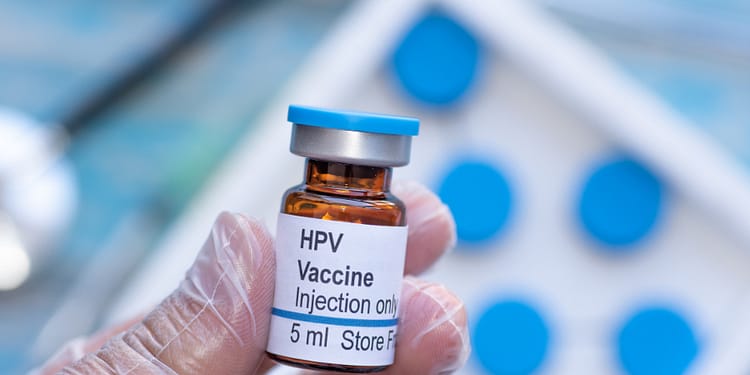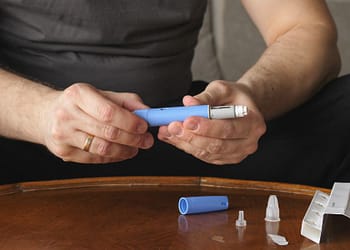Brazil is close to achieving the 90% goal of vaccination against HPV. This achievement reflects a sustained effort in public health.
Significant increase in vaccination
HPV vaccination increased by more than 42% between 2022 and 2023. In total, more than 6.1 million doses were administered. Among 14-year-olds, coverage exceeded 96%. The increase was significantly greater in boys, with an increase of 70%, compared to 16% in girls.
This progress is the result of work in schools, a key strategy to bring vaccination to adolescents who do not usually go to clinics. “Strengthening prevention from childhood is a commitment of the government to public health,” said Nísia Trindade, Minister of Health.
Pending challenges and key strategies
Despite progress, vaccination needs to be increased among 9-year-old children, who have lower immunization rates. Since 2014, coverage for boys has been 24.2 percentage points lower than for girls. In addition, the government is seeking to immunize adolescents aged 15 to 19 who did not receive the vaccine on time.
States such as Rio de Janeiro, Acre and Roraima have the highest percentages of unvaccinated young people. “We must improve communication to combat misinformation about the vaccine,” said Eder Gatti, director of the National Immunization Program.
Benefits of the HPV vaccine
HPV is a leading cause of cervical cancer, as well as other cancers such as penile, anal, oral and throat cancer. The vaccine, now administered in a single dose, is effective and safe. “It is a crucial step towards eliminating cervical cancer,” Gatti concluded.
HPV vaccination is essential to protect future generations and reduce transmission of the virus.






